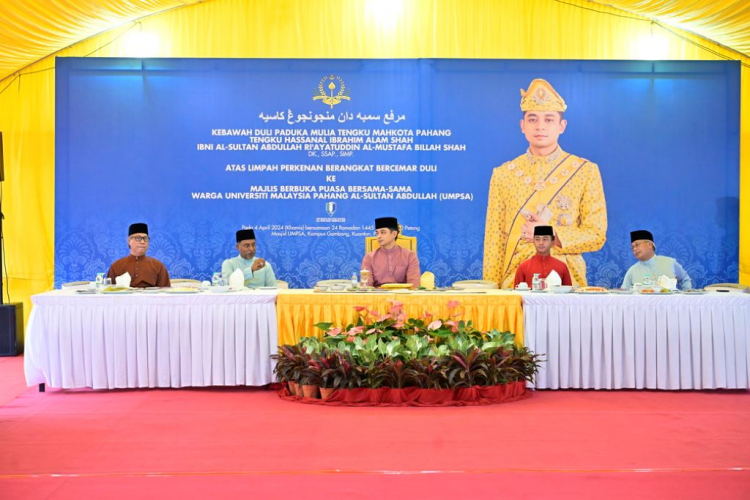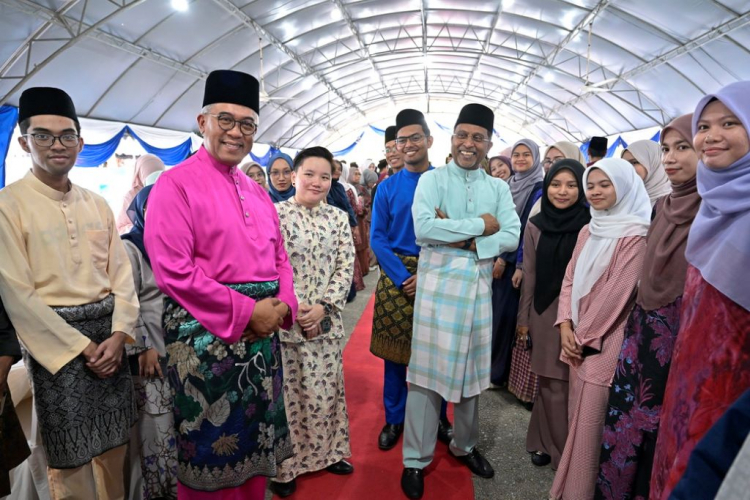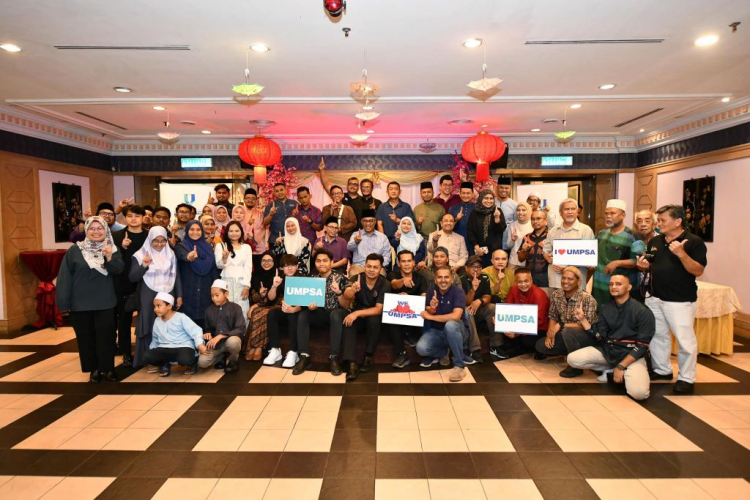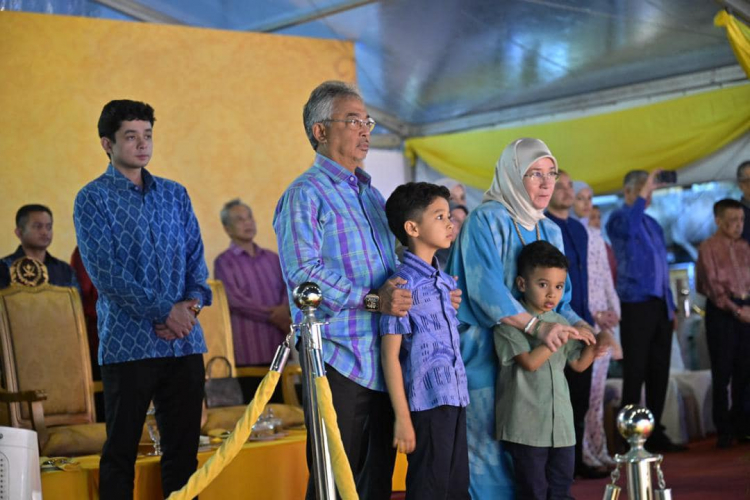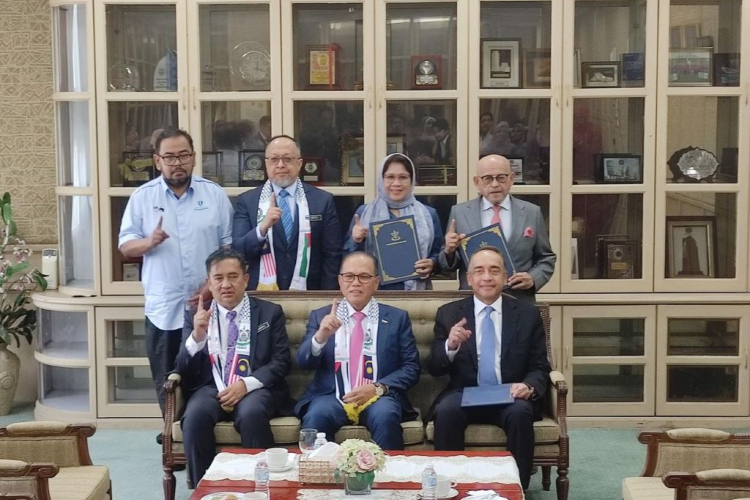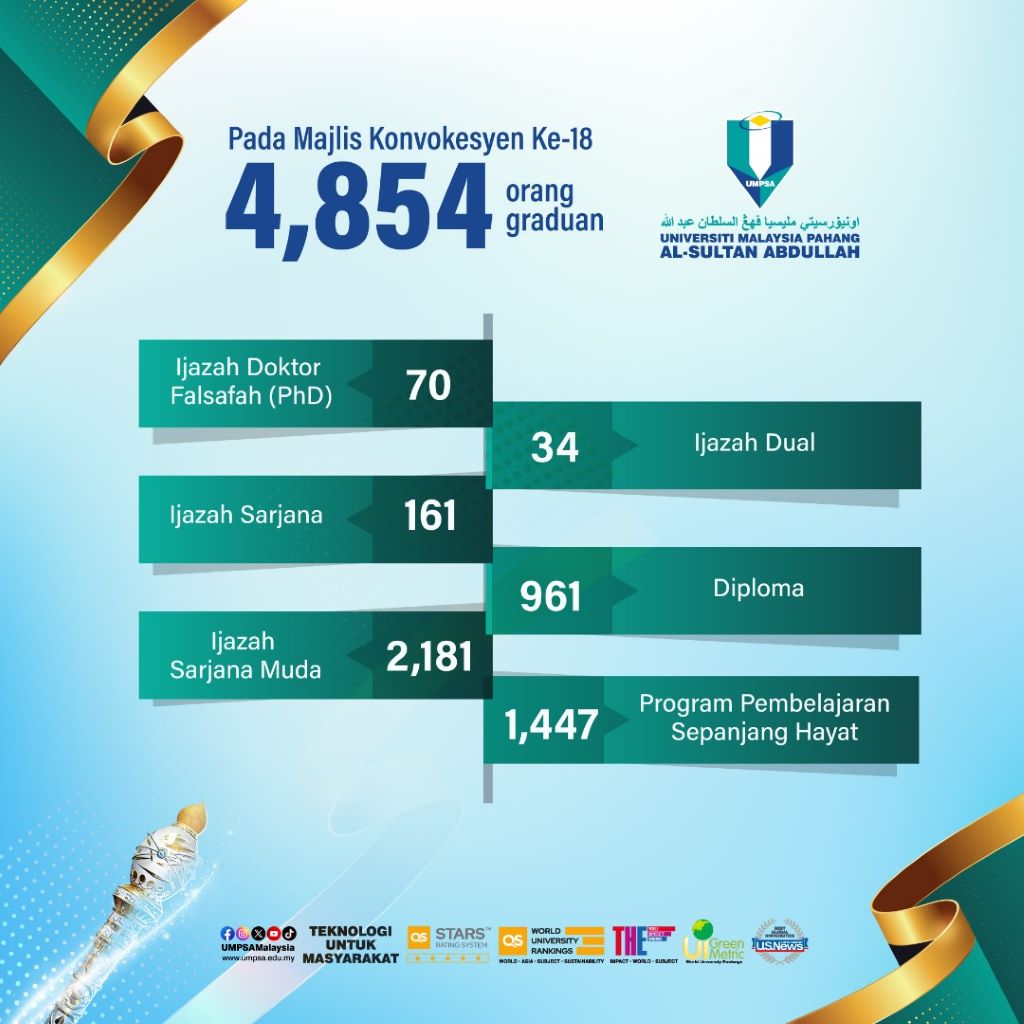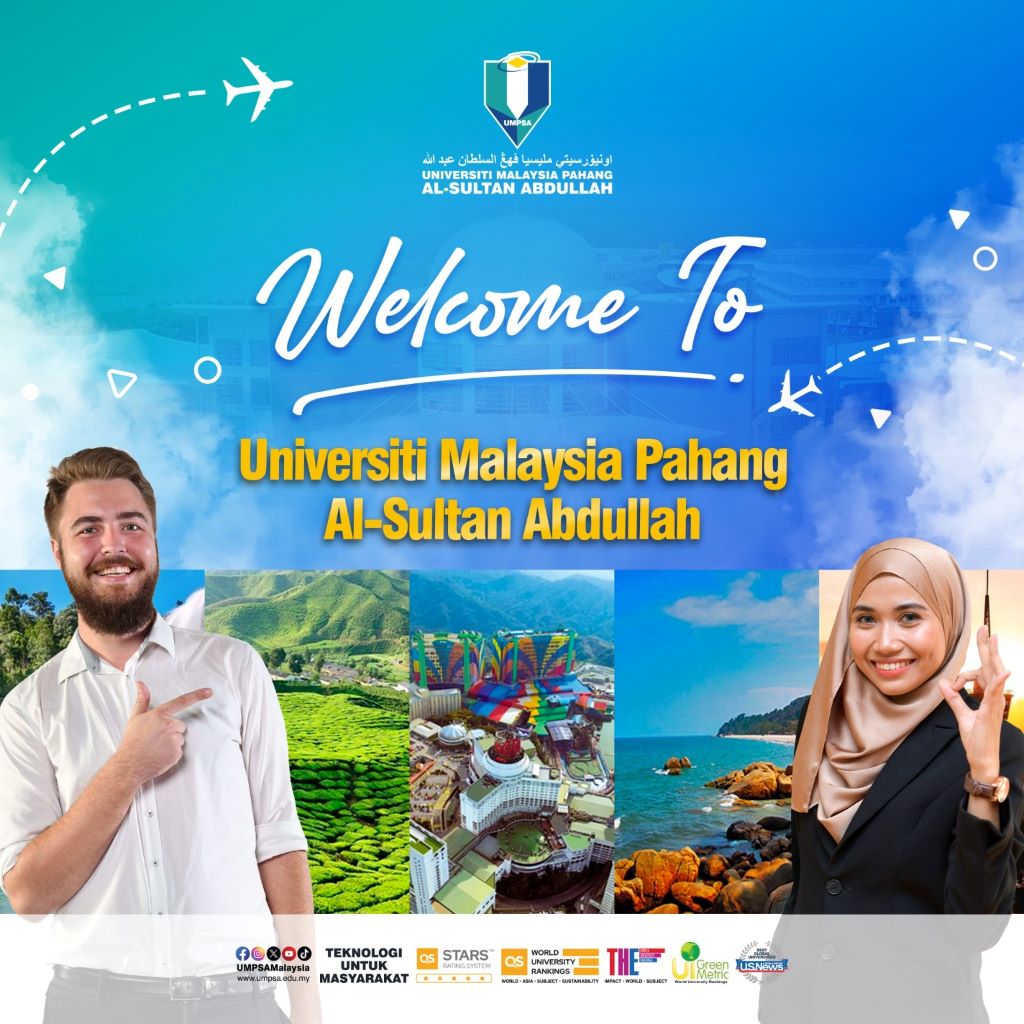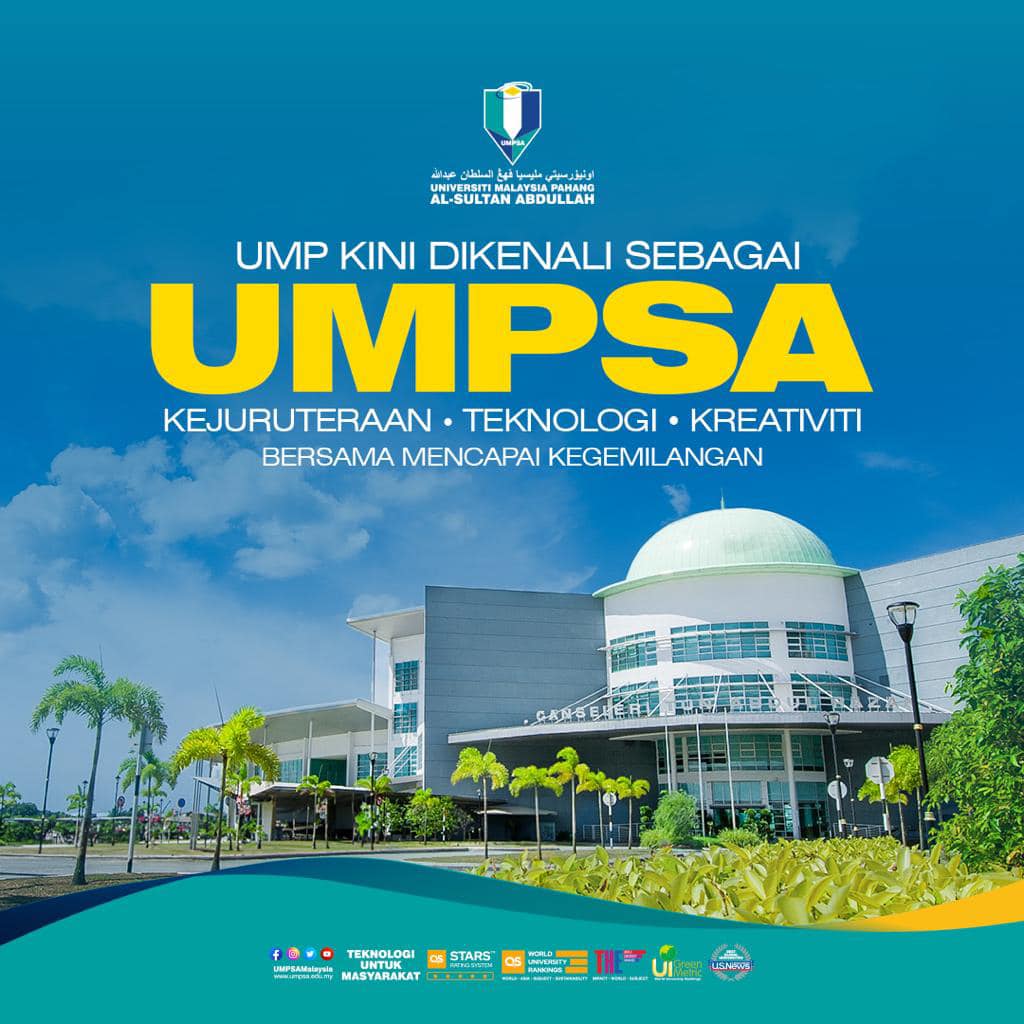Responsible Malaysia Madani In Aidilfitri Discovery for Autism Children
The number of children with disabilities is increasing every year. This trend is expected to continue, with even more children expected to be diagnosed in the coming years. According to the Department of Social Welfare, there are 152,065 registrations for persons with disabilities (OKU) status as of January 2023. The term disability refers to a range of different conditions, such as learning disabilities, mental disabilities, physical disabilities, multiple disabilities, visual impairments, hearing impairments, and speech impairments. While there are many challenges for children with disabilities, it is common for people to comment that autistic children “look perfectly normal” or “they are doing fine”, despite the parents’ exaggerated claims as they perceived. This kind of attitude is damaging, as it can lead to autistic children not receiving the support they need. People should not make assumptions about a person’s disability only by looking at them. Previous studies indicated that people with these types of disabilities are the most stigmatised and are least likely to receive appropriate assistance. It is important to note that mental and learning disabilities are hidden disabilities. This is because people with hidden disabilities may be overlooked or ignored due to their disability not being physically visible.
A UNICEF study revealed the most shocking revelation that half of the Malaysian respondents do not like living near children with learning and mental disabilities. The fact that one out of eight respondents believes that children with disabilities bring shame to their families is even more tragic. The Malaysia Madani framework emphasises inclusiveness as a central movement to empower marginalised groups, especially OKU. In linguistics, Madani refers to plurality in all forms, where diversity is nurtured and protected. Madani seeks to promote an inclusive environment that values and celebrates differences. It is a philosophy that encourages understanding and acceptance of others.
In order to create a more inclusive society, it is important to educate people on the rights of individuals with disabilities and to create more opportunities for them to be included in everyday life. We must also actively work to break down the social stigmas and stereotypes associated with disabilities. Only then can we create a truly inclusive society. The spirit of Eid al-Fitr, which celebrates the completion of sacred tasks assigned by the Almighty, and the endurance and strength of fasting during Ramadan should inspire us to become better Muslims by not isolating and mistreating children with disabilities, especially autistic children. Autistic children should be allowed to experience Hari Raya without being perceived in any way. A Madani framework that lays out the foundation of an inclusive society can be a solution for parents who lock up their children in the house out of fear of people’s perception. The first step to promoting a tolerant society is to provide parents and their autistic children with convenient Hari Raya experiences. This may sound idealistic to be practised, but it is the beginning of creating a more inclusive society for those with special needs. It is essential that we begin somewhere, and this is a significant step in the right direction.
Craft your question appropriately
The right questions can help clarify the situation and focus the conversation so that meaningful information is obtained regarding the autistic condition. It is important to strive for understanding, not to be right. Doing so will help create a positive environment for all involved. It is not a good idea to rely solely on the first impression to validate what we see. Make no comments like “Your child looks fine”, “I can’t tell whether your child has autism”, or “Your child looks normal”. Instead, ask questions to understand the situation better. The best way to begin is to ask open-ended questions and listen without judgment. Show genuine interest in the parent’s or caregiver’s experience and feelings. Similar to a rainbow with various colours and spectrums, autistic children are unique. There is a general misconception that autistic children who communicate well with their parents are like normal children. Selective hearing is commonly observed in autistic children who are considered good communicators with their parents. Their response is based solely on what they are used to hearing and how they respond. These basic facts will allow us to better understand why some autistic children appear normal and prevent such comments from being made.
Show consideration
Autistic children are generally experiencing meltdowns. Autistic people have a harder time processing sensory information, including auditory and visual input, which can cause them to become overwhelmed. The triggering points for meltdowns are numerous. If the host observes an autistic child covering their ears, this may indicate that they are triggered by the loud noises. Some even hit their heads on the wall, kick, or run away. These special guests find it difficult to communicate their discomfort. The host can inquire about the stressor that causes the meltdown and prevent it from happening again. In your role to be helpful, simple practices such as providing a quiet room or having a designated play area can be helpful. Most parents and caregivers know this and do not demand special treatment for their children. Being considerate and understanding of special needs children can go a long way in helping parents feel welcome and comfortable.
It is important to recognise the unique needs of each individual and treat them with respect and understanding. Parents who deal with their children daily need society to show more empathy and acceptance. A Madani framework ensures that people with special needs are not excluded or judged but rather accepted, respected, and included in society. It also provides a safe environment for autistic children to experience Hari Raya and be celebrated and appreciated for who they are. Get to know autism and its challenges in supporting the ideas of an inclusive society by educating yourself. Let this Aidilfitri serve as a window for these special guests to experience the joys of the celebration and a more respectful and tolerant society.
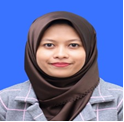
The writer is a Senior Lecturer at the Department of Social Science, Centre for Human Sciences, Universiti Malaysia Pahang (UMP).
E-mail: hadijah@ump.edu.my



